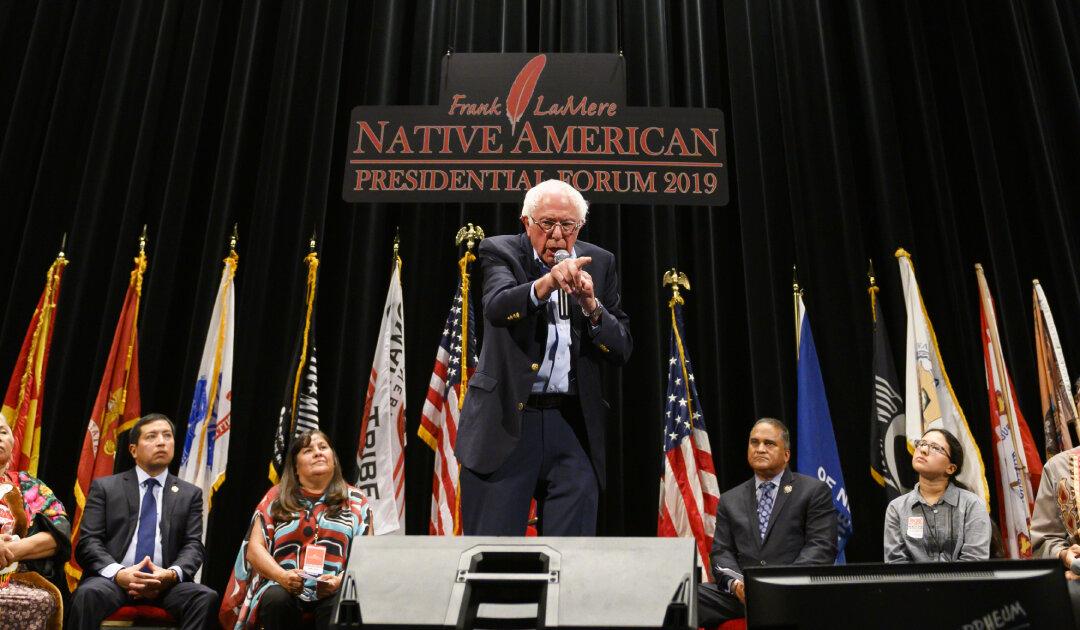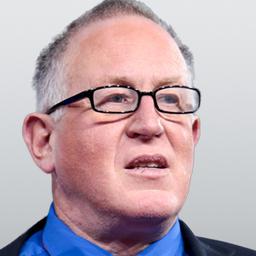Commentary
Judith LeBlanc, a leading member of the Communist Party USA (CPUSA), is organizing Native American communities in several states to turn out in high numbers for the Democratic Party in 2020.


Judith LeBlanc, a leading member of the Communist Party USA (CPUSA), is organizing Native American communities in several states to turn out in high numbers for the Democratic Party in 2020.